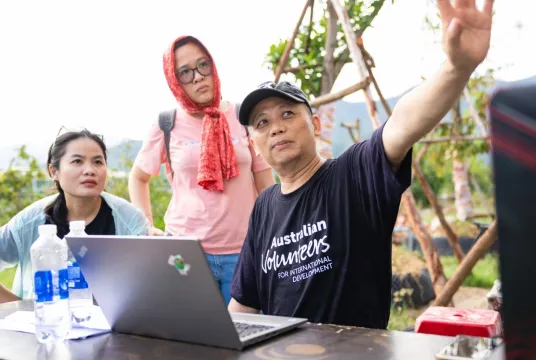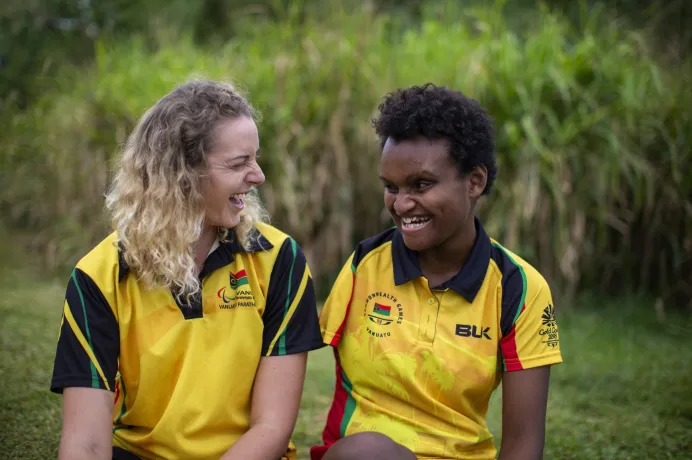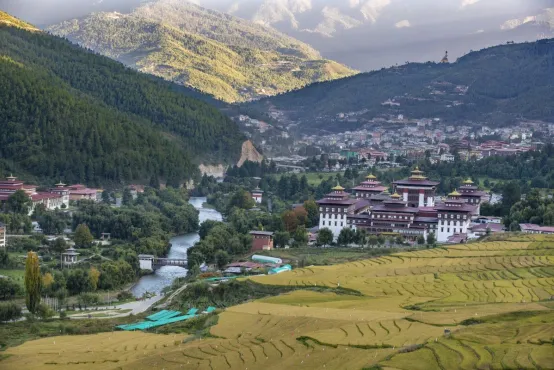Go to About the program
Stories
Discover how our partner organisations and volunteers are working together to make an impact across the Pacific, Asia and Africa.


